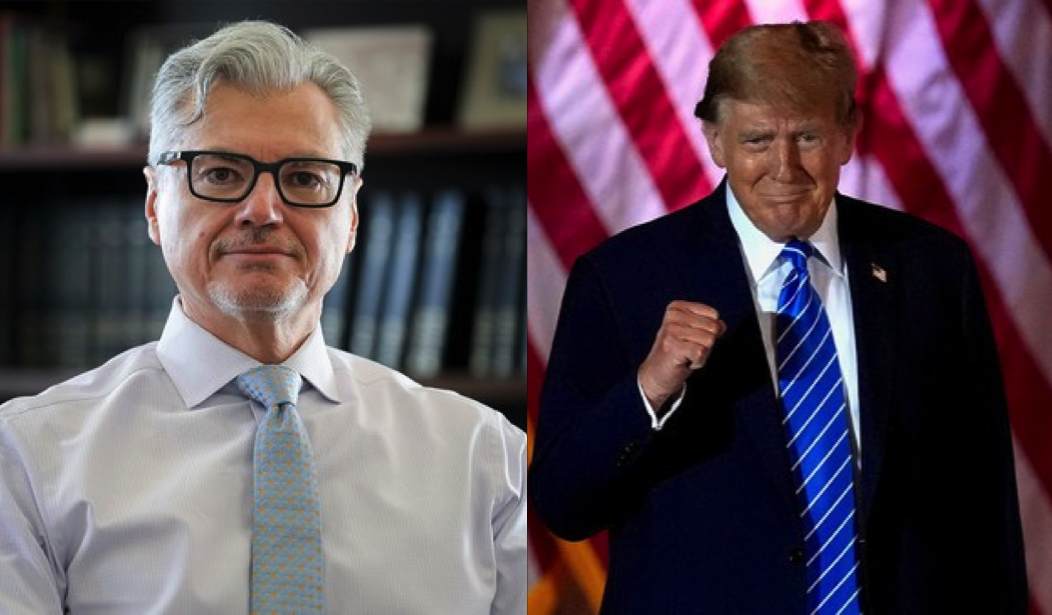Not long after the momentous Supreme Court decision regarding presidential immunity came down Monday—freaking out liberals while giving a smile to Republicans—Donald Trump's legal team moved to have his 34 convictions in Manhattan DA Alvin Bragg's business fraud trial overturned.
The move comes just days before the July 11 sentencing date:
In a letter to the judge overseeing the case, Mr. Trump’s lawyers sought permission to file a motion to set aside the verdict, doing so just hours after the Supreme Court issued its landmark ruling involving one of Mr. Trump’s other criminal cases. The letter will not be public until Tuesday at the earliest, after which prosecutors will have a chance to respond.
Earlier Monday, RedState's Susie Moore explained the importance of the SCOTUS decision:
In a 6-3 ruling, the Court held that a former president has absolute immunity for his core constitutional powers. Further, former presidents are also entitled to at least a presumption of immunity for their official acts. However, there is no immunity for unofficial acts.
Chief Justice John Roberts, writing for the Court, laid out the holding, one that is likely to confound those on both/all sides of the issue, at least to some degree. In sending the case back to the lower courts to determine which of the acts in question are "official" versus "unofficial."
As we reported, the former president was elated with the ruling, while the current occupant of the Oval Office—Mr. "Democracy"—continued to attempt to undermine the legitimacy of the nation's highest court.
Trump was active on Truth Social throughout the day, and added another post in the afternoon:
MANY OF THESE FAKE CASES WILL NOW DISAPPEAR, OR WITHER INTO OBSCURITY. GOD BLESS AMERICA!
Trump's latest effort raises many questions, but you can bet Bragg and hopelessly biased Judge Juan Merchan will do everything in their power to ensure that the former president and presumed GOP presidential nominee is not successful in his endeavor.
...[Trump's] his lawyers are likely to argue that prosecutors built their case partly on evidence from his time in the White House. And under the Supreme Court’s new ruling, prosecutors not only may not charge a president for any official acts, but also cannot cite evidence involving official acts to bolster other accusations.
It is unclear how the Manhattan district attorney’s office, which brought the case, will respond, or whether the judge will delay the first sentencing of an American president. But Mr. Trump’s effort appeared to cause at least a brief interruption: The district attorney’s office did not on Monday make a sentencing recommendation to the judge about whether to imprison Mr. Trump, as was expected.
We've reported on how the immunity decision negatively affects Special Counsel Jack Smith's cases against the president and makes them unlikely to be litigated before the election in November. Even though Bragg's case is not a federal one, the ruling may yet have a favorable impact for Trump there, too.
It's been a good few days for the former president, while for Biden—not so much.

